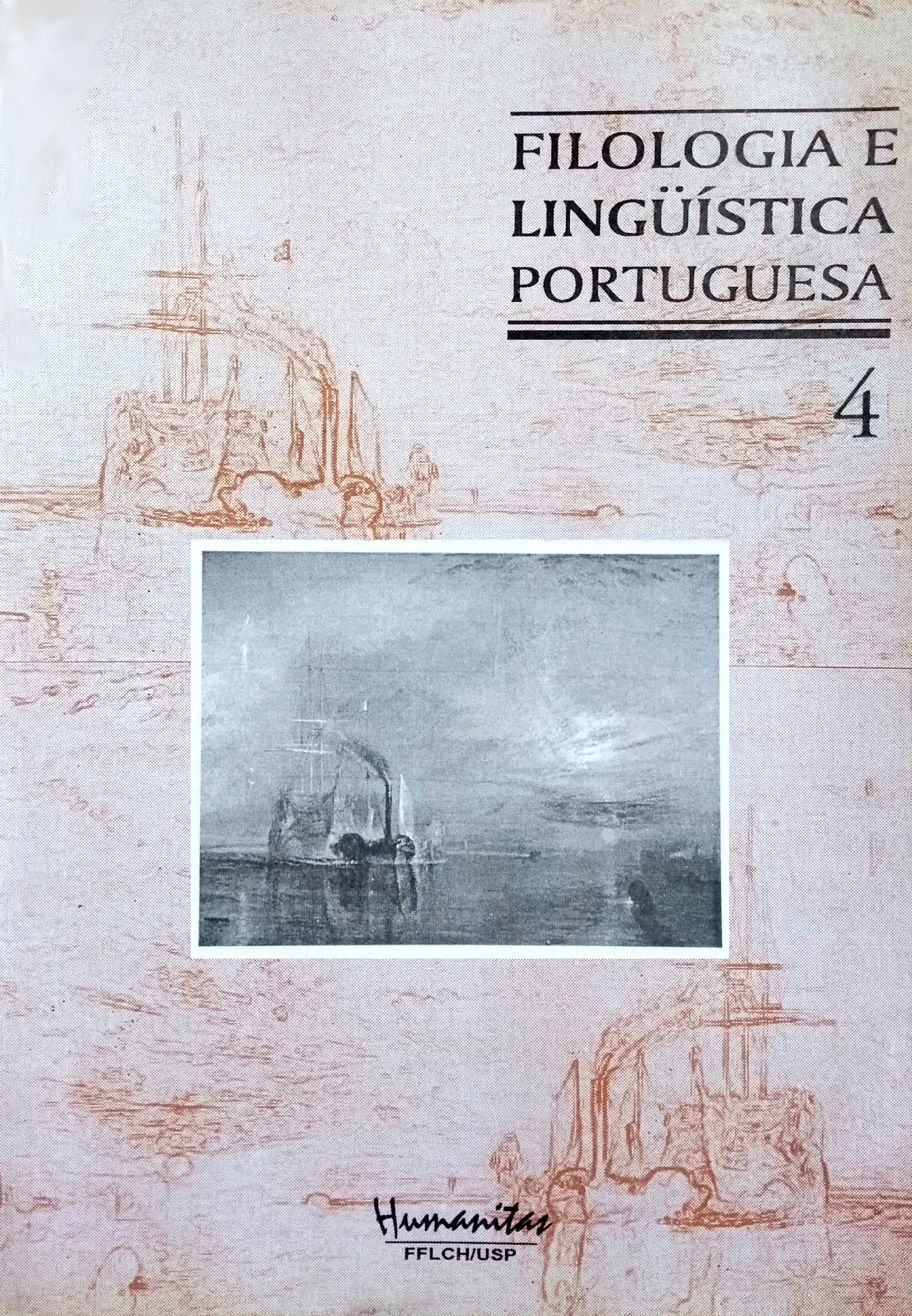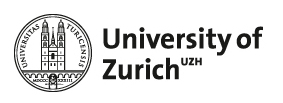Estudo do preenchimento do sujeito de terceira pessoa em falantes nativos e não-nativos de Português do Brasi
DOI:
https://doi.org/10.11606/issn.2176-9419.v0i4p199-219Keywords:
Brazilian Portuguese, overt subject, empty subject, Portuguese as foreign languageAbstract
This paper investigates the pronominal filling of third paper subjects in Brazilian Portuguese in oral and written narratives produced by primary and secondary scholl students. It also compares the production of native speakers to that of non-native ones (Germans with Portuguese as their second language). For this study, 14 informants (7 native and 7 non-native speakers of Portuguese) were shown a video tape and were asked to tell orally and to write down the story of the film. The analysis of the data shows the pronominal filling is the variant most frequently chosen for sentence subjects by all informants: non native writing (100%) > non-native oral telling (83%) > native oral telling (81%) > native writing (59%). The results of non-native speakers in the analysis of the data match the initial hypothesis that pronominal filling is the most frequently used variant, especially in written discourse. The obrigatoriness of filled subjects in German, the native language of the informants, seems to influence the use of overt subjects in Portuguese as foreign language. In the native speaker data, the high rates of overt subjects in oral discourse as well as the significant rates in written discourse seem to confirm the hypothesis formulated by Duarte (1993, 2000) that Brazilian Portuguese is altering its linguistic system from positive to negative marking of the pro-drop parameter. Finaly, a new analysis is elaborated in view of the fact that empty third persons subjects, differently from first and second person ones, do not necessarily correspond to omitted pronouns. Whereas first and second person NPscan only be filled by pronouns, third person NPs can also bi filled by nouns. The reanalysis of the corpus, contrasting empty subjects with both pronominal and nominal overt subjects, suggests that the actual percentages of overt subjects in the third person are more similar to those in the first and second persons tha has been supposed by other authors. This may indicate that the change of Brazilian Portugese in the direction of a language with an obligatory overt subject has already reached a more advanced stage than is commonly acknowledged.Downloads
Download data is not yet available.
Downloads
Published
2001-08-02
Issue
Section
Papers
License
Copyright is transferred to the journal for the online publication, with free access, and for the printing in paper documents. Copyright may be preserved for authors who wish to republish their work in collections.
How to Cite
Gutz, K. (2001). Estudo do preenchimento do sujeito de terceira pessoa em falantes nativos e não-nativos de Português do Brasi. Filologia E Linguística Portuguesa, 4, 199-219. https://doi.org/10.11606/issn.2176-9419.v0i4p199-219






















